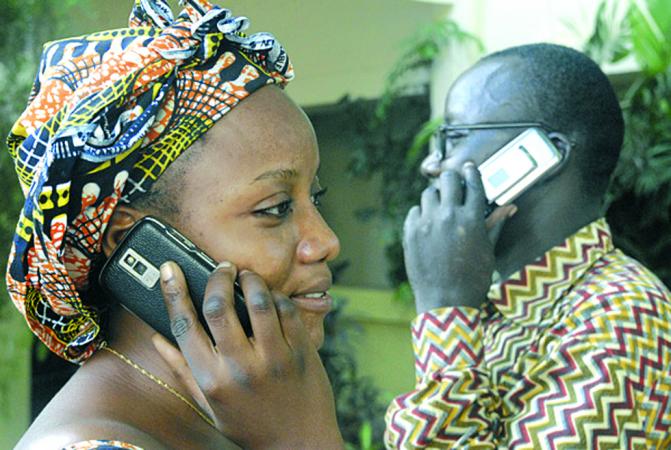
By Joshua Okediji
As the world over is yet to quickly forget the catastrophic human and environmental losses experienced in the wake of the TSUNAMI barely a decade ago, the ancient Ilesa town in Osun state, south-west Nigeria, woke up to an overwhelming sight of collapsed buildings, damaged electricity poles, telecommunication masts, and blown-off roofs of scores of residential and business apartments monday morning.
Meteorologists are still taken aback by the magnitude of the rainstorm in a town, that boasts of being the best in town planning and structured street layout with water ways in Osun State. Badly hit were residents of Ibala, Isokun, Iloro, Oke Omiru, Ilaje and Imadin communities. Some of the affected people had to seek shelter with their neighbours for the night.

On-the-spot news coverage by our ClimateReporters in the early hours of monday revealed displaced persons counting their losses, picking valuables they could salvage from houses with blown-off roofs and shattered walls.
Electricity poles broken on major roads with live wires dangling loosely, leading to a complete power outage in Ilesa town and environs. As at press time, no death has been recorded while the toll of seriously wounded victims stand at 6 receiving treatment at the government owned Wesley Guild hospital Ilesa.
Stanbic IBTC bank along Isokun road had it’s communication mast uprooted, destroying the roof of nearby storey buildings. The campaign office of the incumbent governor, Ogbeni, Rauf Aregbesola close to the bank also had its roof damaged.
Also affected were several houses on Ibala road and feeder, concrete electric poles from the Power Holding Company substation along Oke- Omiru adjacent PDP leaving electric wires dangling loosely on the road. Mrs. Olanipekun was sighted crying unpacking valuables from the parlour and other rooms as their storey building roof was blown off, two houses away from the PHCN Oke Omiru Substation.
The very popular Olorun Wa local food canteen was equally badly hit as well over eight (8) carpenters were seeing undoing the scanty leftover roofing with hopes of fixing the 5-bedroom restaurant which is usually crowded with customers along the Osogbo-Ilesa road.
Efforts to speak with the Local Government Chairman, leaders of community and some of the victims were fruitless as they declined making comments on account of the shocking losses experienced in the community. Civil society groups in the region attributed the Ilesa rainstorm to climate change and called for greater assistance in helping the community to mitigate the effects of climate change as well as avert future climate-related disasters.
In a telephone chat, Dr. Ade Owosibo of the Institute of Agricultural Research and Technology (IAR & T) Moor

plantation Apata Ibadan, stated that “adequate attention has to be given to proper drainage system and unhindered waterways. Indiscriminate lorry offload of granite and sand on roads must be discouraged.”
In a similar vein, Mr. Adeshope Adeyinka a researcher at Forest Research Institute of Nigeria (FRIN) Idishin, Ibadan, highlighted the near absence of tree planting campaigns in urban cities, which according to him serve as wind break and shield from fierce rainstorm.
As Ilesa count their economic losses running into millions of naira, climate change issues will again take centre stage at the 7th edition of the Lagos International climate change conference holding 21th April – 26th April 2015. It is believed that pressing contemporary challenges will be discussed and feasible solutions will be proffered not just blueprint recommendations but measurable and attainable action plans.











